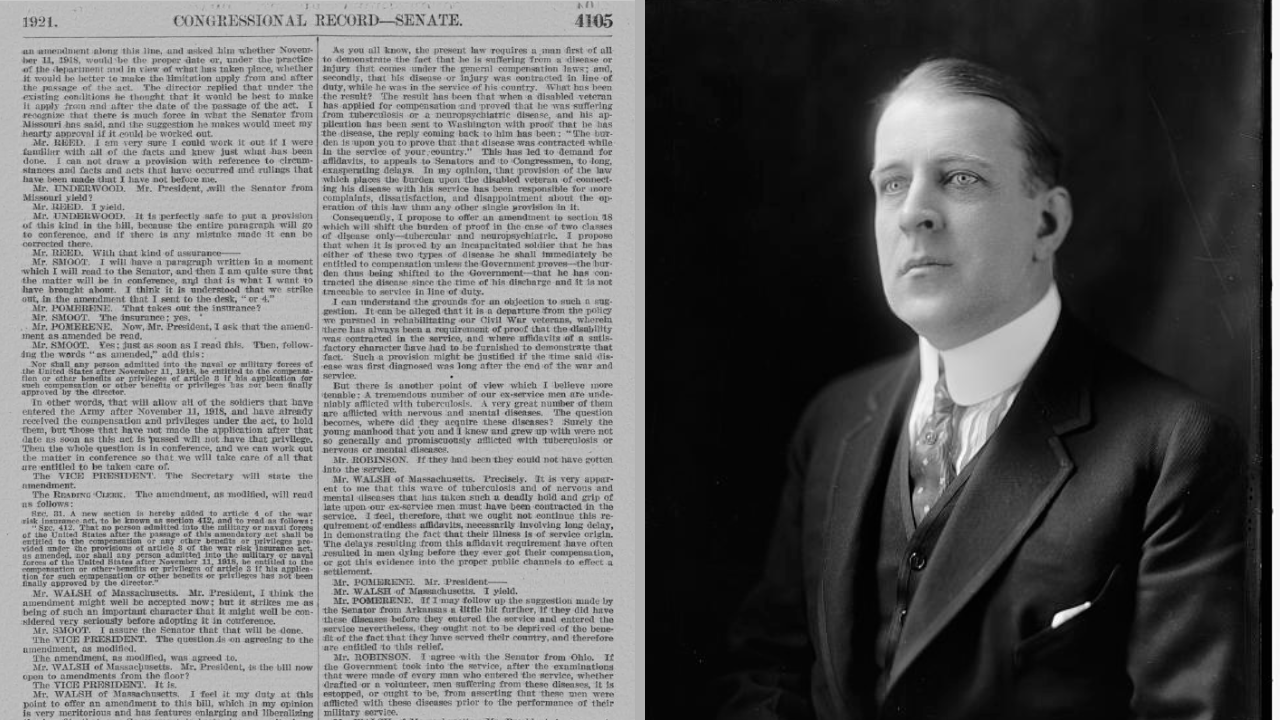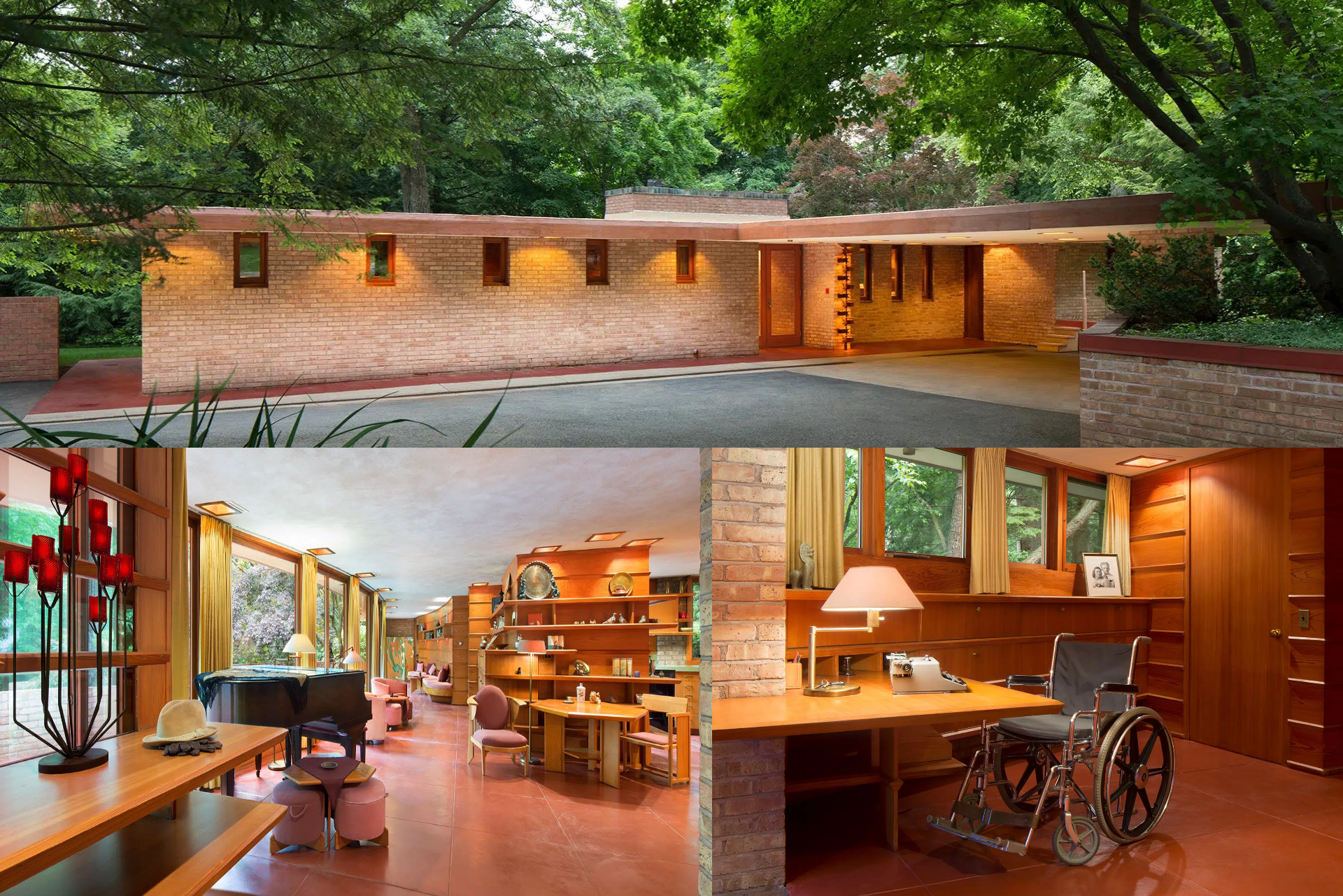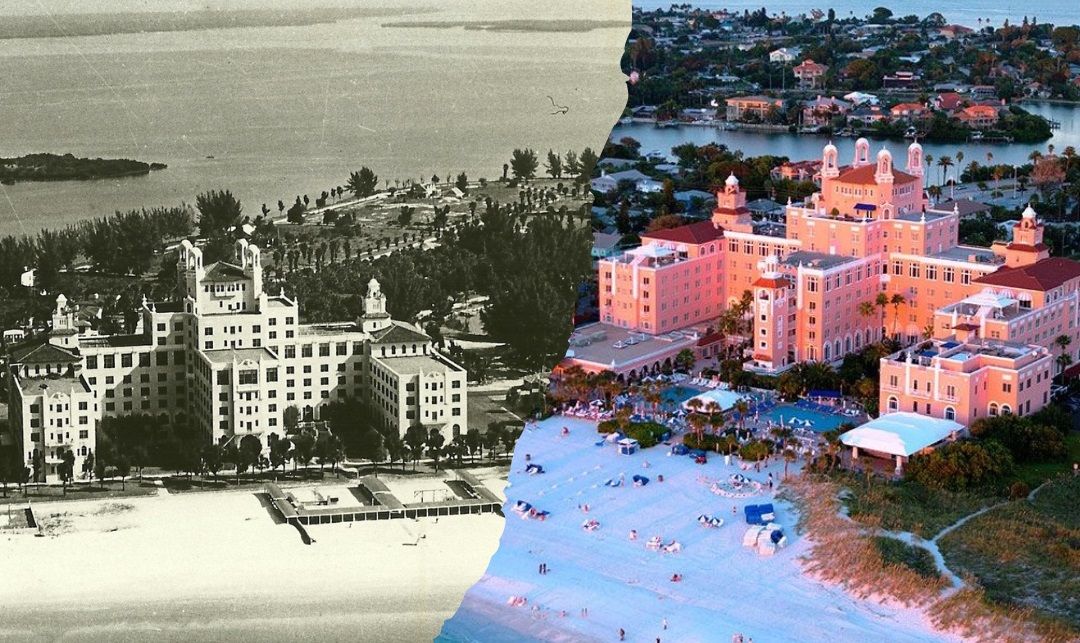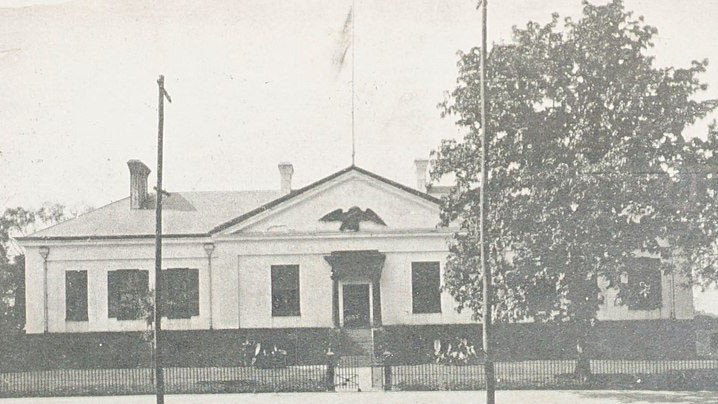History of VA in 100 Objects
After World War I, claims for disability from discharged soldiers poured into the offices of the Bureau of War Risk Insurance, the federal agency responsible for evaluating them. By mid-1921, the bureau had awarded some amount of compensation to 337,000 Veterans. But another 258,000 had been denied benefits. Some of the men turned away were suffering from tuberculosis or neuropsychiatric disorders. These Veterans were often rebuffed not because bureau officials doubted the validity or seriousness of their ailments, but for a different reason: they could not prove their conditions were service connected.
Due to the delayed nature of the diseases, which could appear after service was completed, Massachusetts Senator David Walsh and VSOs pursued legislation to assist Veterans with their claims. Eventually this led to the first presumptive conditions for Veteran benefits.
History of VA in 100 Objects
When the GI Bill became law in 1944, it included a home loan program for Veterans. After several changes to update the law to reflect current market prices and challenges, one area still needed addressed: support for Veterans who were dependent on wheelchairs for mobility. The answer was the Specially Adapted Housing program, and one of the earliest homes built with the grant money was designed by acclaimed builder Frank Lloyd Wright.
History of VA in 100 Objects
The Don Ce-Sar Hotel has graced the Gulf of Mexico beachfront in St. Petersburg, Florida, for almost a century. Known as the Pink Palace for its rosy hue and castle-like appearance, the property was a playground for the rich and famous during its heyday in the 1930s.
Featured Stories
The same law that established the Veterans Bureau in 1921 authorized the new agency to open up to 140 offices at the sub-district level. The purpose of these field offices was, in the words of the bureau’s founding director Charles R. Forbes, to “bring all of the activities of the Veterans' Bureau closer to the men they serve.” The Winston-Salem Regional Office celebrated 100 Years in 2021.







